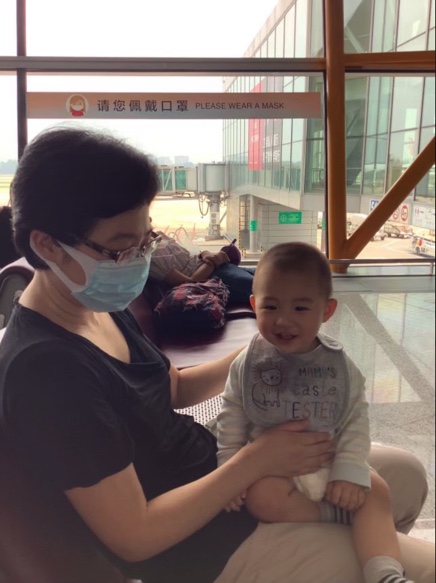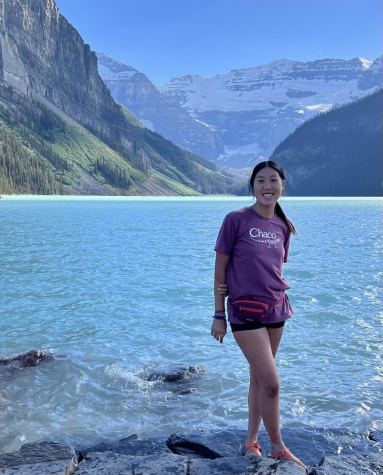
On Nov. 25, protestors in the Chinese province of Xinjiang took to the streets of the capital in response to a fire that broke out in a COVID-19 quarantine apartment complex. Firefighters took 150 minutes, almost three hours to respond and control the fire, leaving ten people dead and another nine injured. COVID restrictions are thought to have led to the delay in response, with videos posted online showing firetrucks blocked by COVID road barriers.
The fire led to a wave of protests in over three other provinces including Shanghai and Beijing, making this one of the largest nationwide demonstrations seen in China since Tiananmen Square in 1989.
President Xi Jinping’s approach to COVID, known as the zero-tolerance policy, saw success in the early stages of the disease by implementing quarantine periods, mass lockdowns and rapid business closures. But as other countries have loosened their policies, China has remained under strict preventative measures, to the detriment of the economy and society as a whole. Senior Phil Lin has observed how Jinping’s government has affected Chinese society and specifically his family. “Jinping’s policies have been in place for so long and they’re overall not really helping. It’s just become a burden on the people. My uncle has been trying to open a store back in China but everyday they have to close because of COVID regulations,” he said.
Since the start of the pandemic, the goal of the Chinese government has been to control all outbreaks. The tightly controlled cities under lockdown have experienced healthcare delays, food shortages and economic repercussions from business closures. Jinping has pressured governments to regulate not only who can enter and leave cities, but also individual buildings.
Many people have regarded Jinping’s containment methods as extreme. Depending on the city, people with relative proximity to infected individuals are forced to quarantine. A 10-day minimum quarantine at a government facility is mandatory for all travelers, followed by an at-home quarantine.
The “dynamic zero” goal has large emotional repercussions on the Chinese population. Xiaowen Zhang, a professor at St. Ambrose University, has experienced first hand the effects of the zero tolerance policy. “I went back to China in 2021 on a humanitarian visa because my mom was dying. I was quarantined in a hotel in Shanghai for two weeks and then stayed in another hotel for another week before I went back to my hometown in Beijing,“ she stated.
Zhang paid 60 US dollars per day for the room and 15 for the meals. Zhang also described the effect of the three week isolation on her own mental health. “I had my one year old in there at that time with me so I just tried to keep him busy. My mom actually passed away the third morning after I arrived in Shanghai so I couldn’t imagine how I could survive those three weeks without my son,” she expressed. The Chinese government has been highly selective in granting visas, making it extremely difficult for the Chinese-American community to visit family members back in China.
The extent to which COVID has been politicized under Jinping’s authoritarian reign has not been surprising. Authorities have resolved to an “emergency level” of censorship, taking down evidence of backlash from every online site. Protestors have reported being tracked down through cell phone data and being questioned. At the end of the day, Jinping’s irrational enforcement of regulations displays a more pressing goal of total political control.
Public health experts have brought attention to the fact that if Jinping’s goal was really to contain COVID, enforcing a stricter vaccination policy would be more efficient. Less than half of the elderly population has been vaccinated, yet China has refused to import vaccines from foreign countries, despite evidence of their own vaccines being ineffective.
Some cities are showing signs of loosening restrictions with talk about letting some people quarantine at home. However, there has been no progress on a national level, and Jinping hasn’t shown any indications of fully opening anytime soon. The rare surge of protests might spark a needed re-evaluation of protocols, but under a government like Jinping’s, there is reason to be doubtful.








